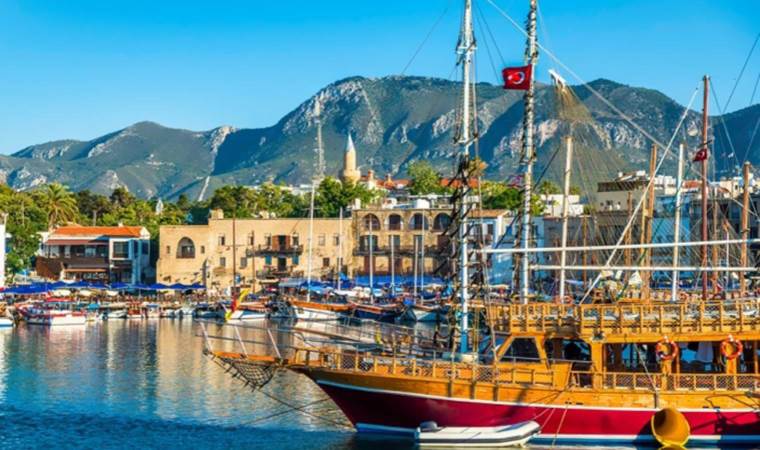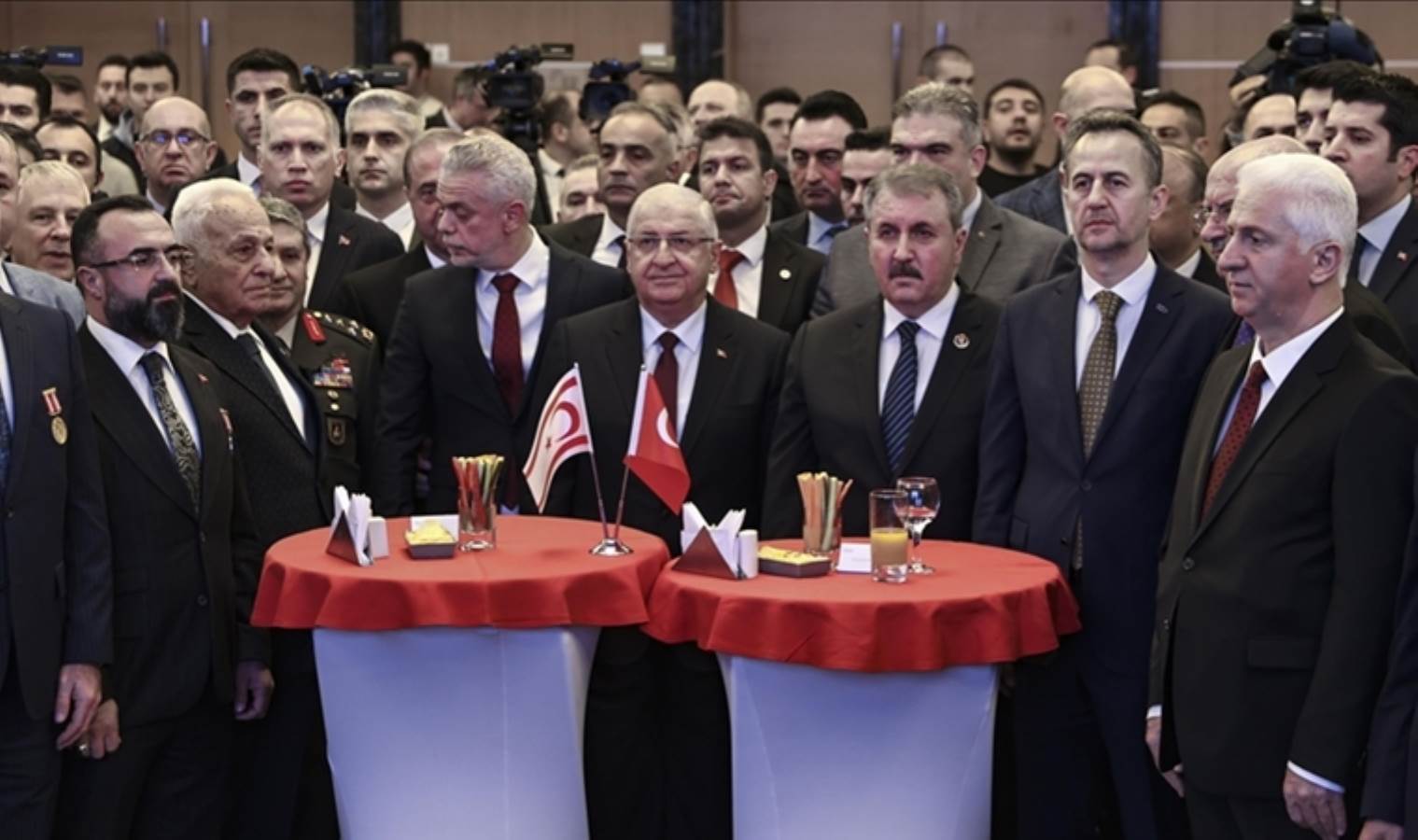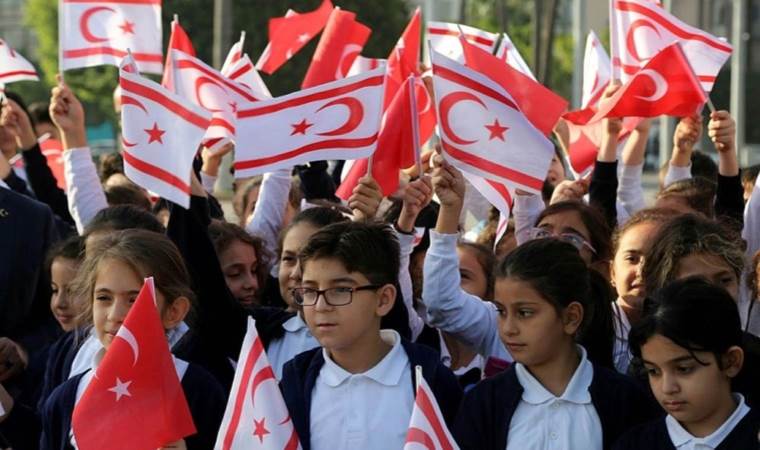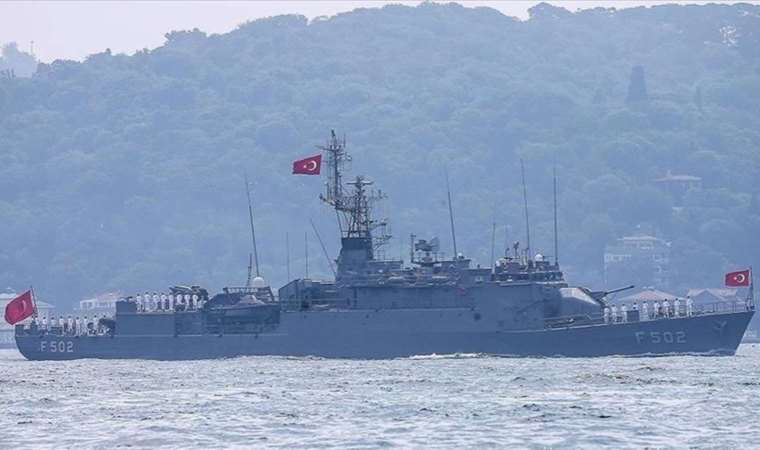Northern Cyprus Sees Influx of Russian Oligarchs, Triggering Property Market Boom
Russian oligarchs, facing heavy sanctions from the West due to the Ukraine war, have shifted their focus away from Europe, where they had been stashing their wealth for years. Their newfound destination is Northern Cyprus, a region not bound by international agreements.

Ruslan Ibrayev, a young Kazakh man welcoming clients at the Hub property investment company's office in the Turkish Republic of Northern Cyprus (TRNC), notes, "Russian speakers are drawn to this place, they appreciate the sense of community here, and the region is expanding daily."
According to Ibrayev, the area has become a magnet for buyers from former Soviet Union states, leading to a significant influx of residents.
"Business is thriving, exceedingly so," Ruslan stated, highlighting the property agency's remarkable pace of home sales.
Developers, as reported by 10News, share this sentiment. Construction activities on the island are in full swing, with apartment towers mushrooming across the region.
The property sector is experiencing a boom, driven by the Russian rouble and the Iranian rial, resulting in increased cash flows and approximately 80% of bank assets held in foreign currency reserves.
The outbreak of the Ukraine war prompted the imposition of severe sanctions on Russian oligarchs and institutions, including Roman Abramovich, by both Europe and the United States.
That compelled Russians seeking to safeguard their wealth to explore alternatives outside of Europe, and one such haven appears to be the northern part of Cyprus, a country long divided into two.
The New Destination
Iskele province, once an ordinary town in northern Cyprus, has transformed into a concrete jungle. Turkish Cypriots now liken Iskele to Limassol, the coastal city in southern Cyprus that earned the nickname "Moscow of the Mediterranean" when oligarchs flocked there following the Soviet Union's collapse.
Similar to those times, Iskele's streets are now adorned with Cyrillic shop signs, billboards promising a "dream life," luxury car showrooms, and cryptocurrency outlets.
"Northern Cyprus is a de facto state, unbound by international treaties, with weak institutions and recognition solely from Turkey," political scientist Sertaç Sonan explained to The Guardian.
In the south, the illicit movement of Russian capital has reportedly been "largely halted" amid growing concerns among Greeks over the closure of thousands of Russian accounts and the imposition of sanctions.
The leader of the Greek Cypriot Administration of Southern Cyprus, Nikos Christodoulides, has earned praise from the West for closing more than 120 suspicious bank accounts and over 40,000 shell companies in the nine months since taking office. However, money laundering has now become a significant concern in the north as well. The legal loopholes in the South have made it increasingly convenient for Russians to transfer their funds to the North.
Dr Alexander Apostolides, an economics researcher at the European University of Cyprus, who advises the Cypriot government, stressed the need for significant reforms. "Without substantial changes, it is difficult to avoid another scandal in the future. We should seriously consider proposals for creating a sanctions office and a unified money-laundering watchdog," he said.
Cyprus has pledged "zero tolerance" for sanctions violations and will receive technical assistance from the British government to establish a sanctions enforcement unit next year.
40,000 RUSSIAN NEWCOMERS
Official data reveals that about 40,000 Russians moved to the north just this year. Nevertheless, analysts remain cautious about endorsing the network of lawyers and accountants who have served Russian clients in the south for many years.
There are rumours, as reported by The Guardian, that Greek Cypriot lawyers in the south have assisted their Turkish counterparts in the north in taking over portfolios of Russian clients.
Şener Elcil, the head of the Turkish Cypriot Teachers' Union KTÖS, commented, "We hear about Russians arriving from the south with suitcases full of money. This new trend, which has attracted many to settle here, poses significant challenges. In Iskele, the new Limassol, 69% of the students come from either Russia or Iran, and language barriers are among the teachers' chief complaints."
According to The Guardian, Turkey's refusal, as a NATO member, to impose sanctions on Moscow has also contributed to the flow of Russian funds to Northern Cyprus.
Prof. Mustafa Besim, Dean of the Faculty of Business and Economics at Eastern Mediterranean University, noted, "Northern Cyprus has followed Turkey's lead in not imposing sanctions against Moscow. They can easily deposit money in any of the 22 banks here."
When asked about potential money laundering by Russians in Northern Cyprus, Prof. Besim likened it to the wind, saying, "You don't see it, but you feel it."




